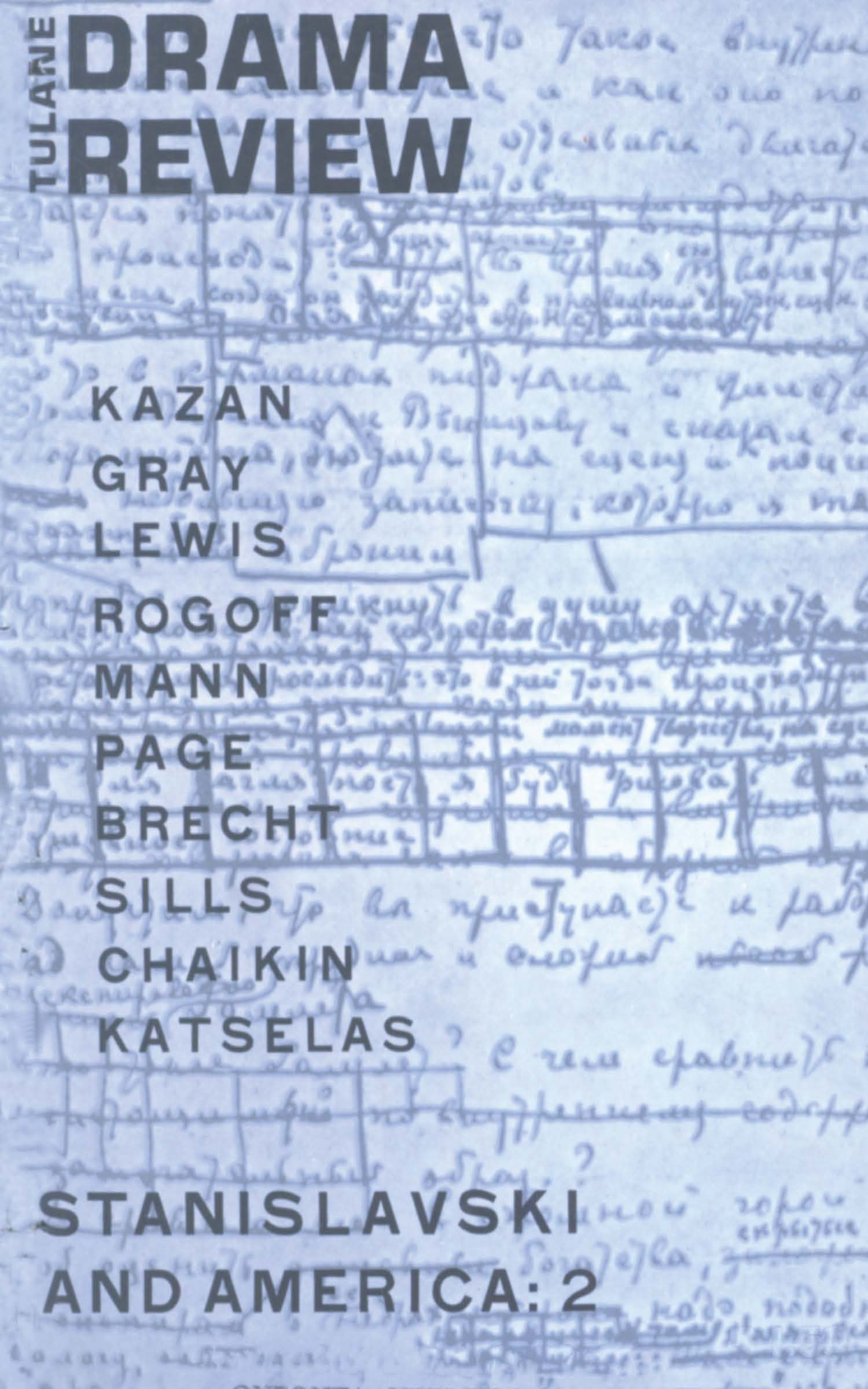Article contents
Honor, Blood, and Poetry in Yerma
Published online by Cambridge University Press: 14 February 2022
Abstract

- Type
- Other
- Information
- Copyright
- Copyright © The Tulane Drama Review 1962
References
1 Unless otherwise indicated (by “Tr.”), all quotations from Yerma are taken from the authorized translation by Richard O'Connell and James Graham-Luján. The quotations from other Lorca works are by the present translator.
2 One might doubt whether the only reason for the couple's not having children is Juan's decision not to have them; Yerma herself could be the source of sterility. The tragedy is rather vague on this point. Nevertheless, through the repeated incriminations which Yerma casts at her husband, we may assume him to be the cause of her tragedy.
3 This is not to say, of course, exclusively Spanish, or that there are not other peoples for whom this attitude toward maternity is a living tradition. Other Mediterranean peoples, such as the Greeks and the Italians, have a social organization similar to that of the Spaniards. But it is important to mark the attitude of these peoples as being quite in opposition to that one producing the “broken home” of other countries technologically more advanced.
4 A. Castro, “Algunas observaciones acerca del concepto del honor en los siglos XVI y XVIII,” RFE, III (1916), 21.
5 Menéndez Pidal, R., “Del honor en el teatro español,” De Cervantes y Lope de Vega (Buenos Aires: Espasa-Calpe, 1940)Google Scholar.
6 The matter of honor is quite complex in Spanish Literature and culture, and the author has further elaborated on it in his two articles published in the Hispanic Review, XXVI, Nos. 2 and 3 (April and July, 1958), 99-107 and 188-199.—Tr.
7 For the cosmic significance of the blooming of the rose in this scene of Yerma, see the author in his article, “Religious Symbolism in the Poetry of Federico García Lorca,” Hispania, XXXIX (1956), 47.—Tr.
- 1
- Cited by


